Melting Polar Ice Caps Are Changing How Earth Rotates, and Changing Time Itself
For years, scientists have been warning us that climate change will have a significant impact on earth at some point in the distant future.
But this could be happening sooner than previously thought because in the next few years, the earth is expected to lose a second, which is expected to have a significant impact on life as we know it.
One Second of Time Will Be Lost
A study was carried out and published in Nature Journal, with the results showing that we are all set to lose a second of our time in the next few years.
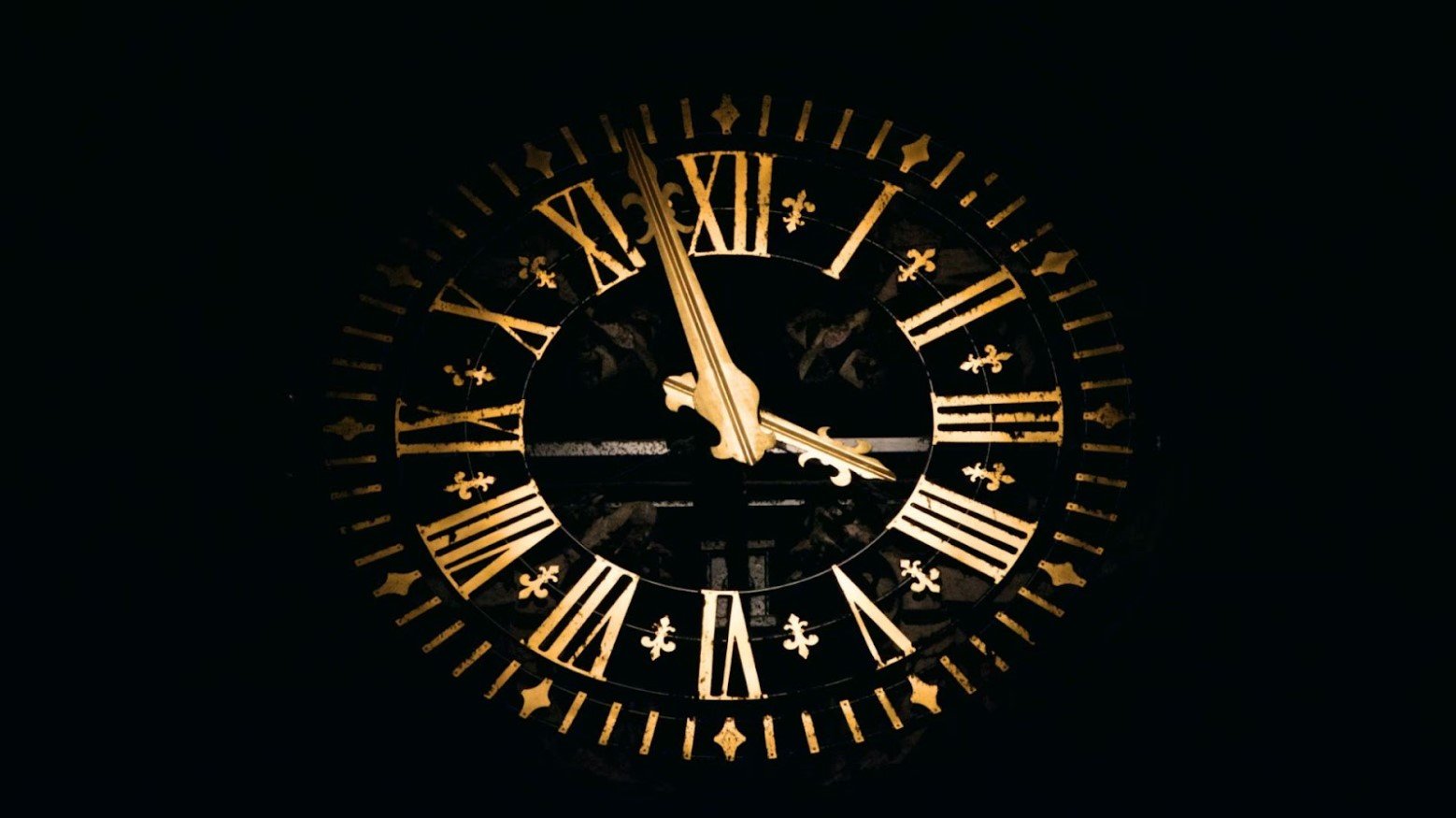
Source: Thomas Bormans/Unsplash
This is because the rotation rate of the earth isn’t constant, and scientists believe that the second will be lost in 2029.
Melting Polar Ice will Cause the Lost Second
Climate change is at the heart of this lost second, as melting polar ice is believed to be behind it.

Source: Roxanne Desgagnés/Unsplash
CNN World reported that the polar ice caps have been rapidly melting since the 1940s, which causes a change in the earth’s rotation, leading to a change in time.
Earth’s Rotation Is Slowing Down
The earth’s rotation is slowing down by ice melting and water flowing towards the equator.

Source: Onno Blaauw/Unsplash
This results in mass being redistributed around the planet, which then slows the rate of the earth’s rotation, according to Smithsonian Magazine.
Seconds Have Only Ever Been Added to Time
Most of us are familiar with the concept of a leap year, which is where an extra day is added once every four years.
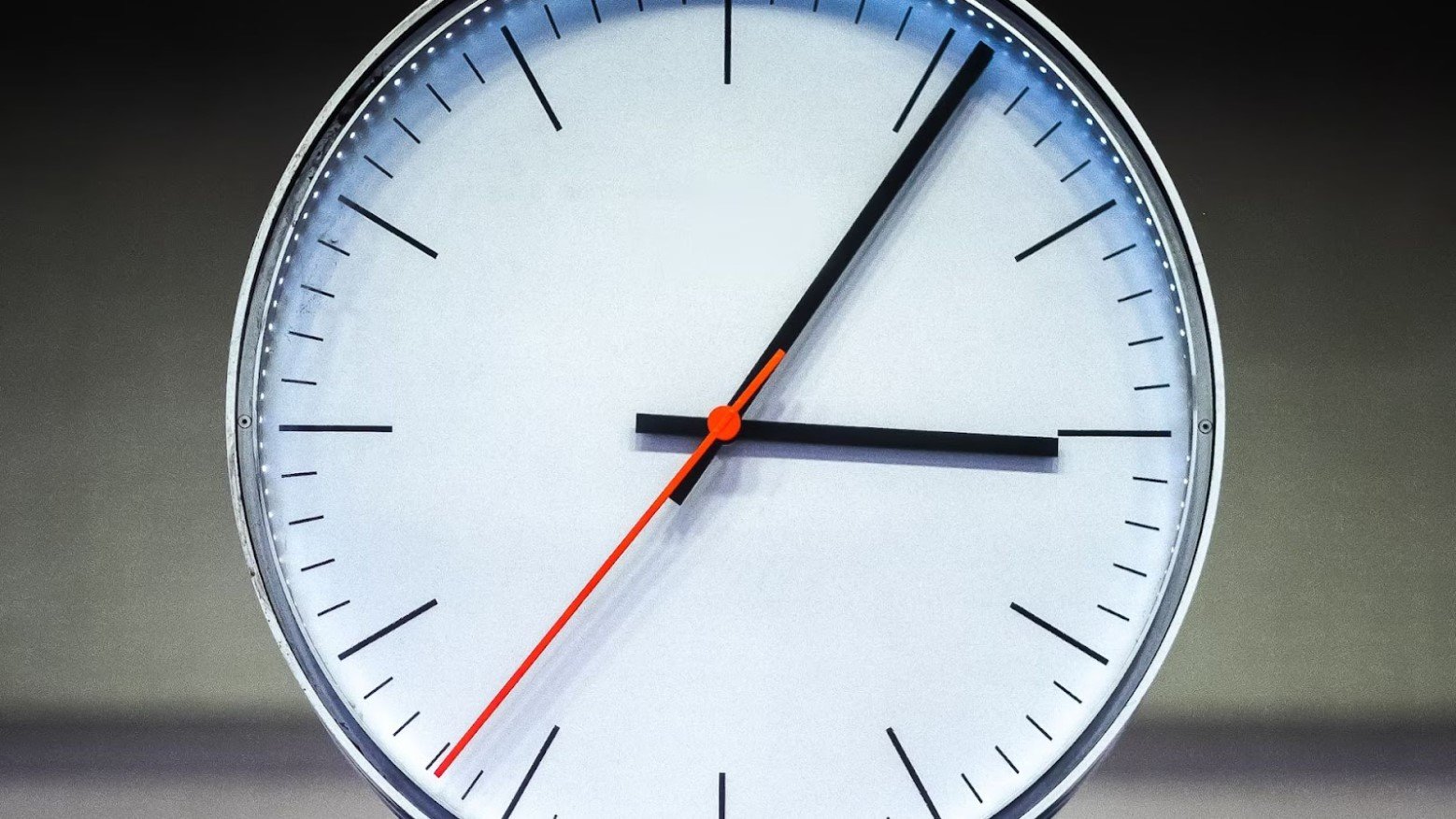
Source: K/Unsplash
This has been normalized, as it takes the earth 365 days and 6 hours to go around the sun, so the leap year helps round everything up, according to NASA Space Place. This means that computer systems have been programmed to deal with added time.
Four Leap Seconds Have Been Added Since 1999
As well as leap years, leap seconds are also used and added to the atomic clock.

Source: Ocean Ng/Unsplash
23 leap seconds were added between 1972 and 1999. However, due to climate change, only 4 leap seconds have been added since 1999.
There Are Unknown Problems of Losing a Second
In practice, the idea of losing or adding a second doesn’t seem like that big of a deal because a second isn’t a long amount of time.

Source: Kenny Elisason/Unsplash
However, as the practice of losing a second has never happened, we currently have no idea as to what might happen, with many problems potentially arising.
Global Warming Needs to Be Better Understood
To know exactly when this second will be lost, as it was initially predicted for 2026, there needs to be a better understanding of global warming.

Source: Matt Palmer/Unsplash
This will also help give scientists a better understanding of global timekeeping as a whole, to know what to expect and prepare the rest of the population for this.
There Are Multiple Reasons Why the Earth’s Spin Is Altered
The melting polar ice caps aren’t the only reason for changes to the earth’s rotational spin.
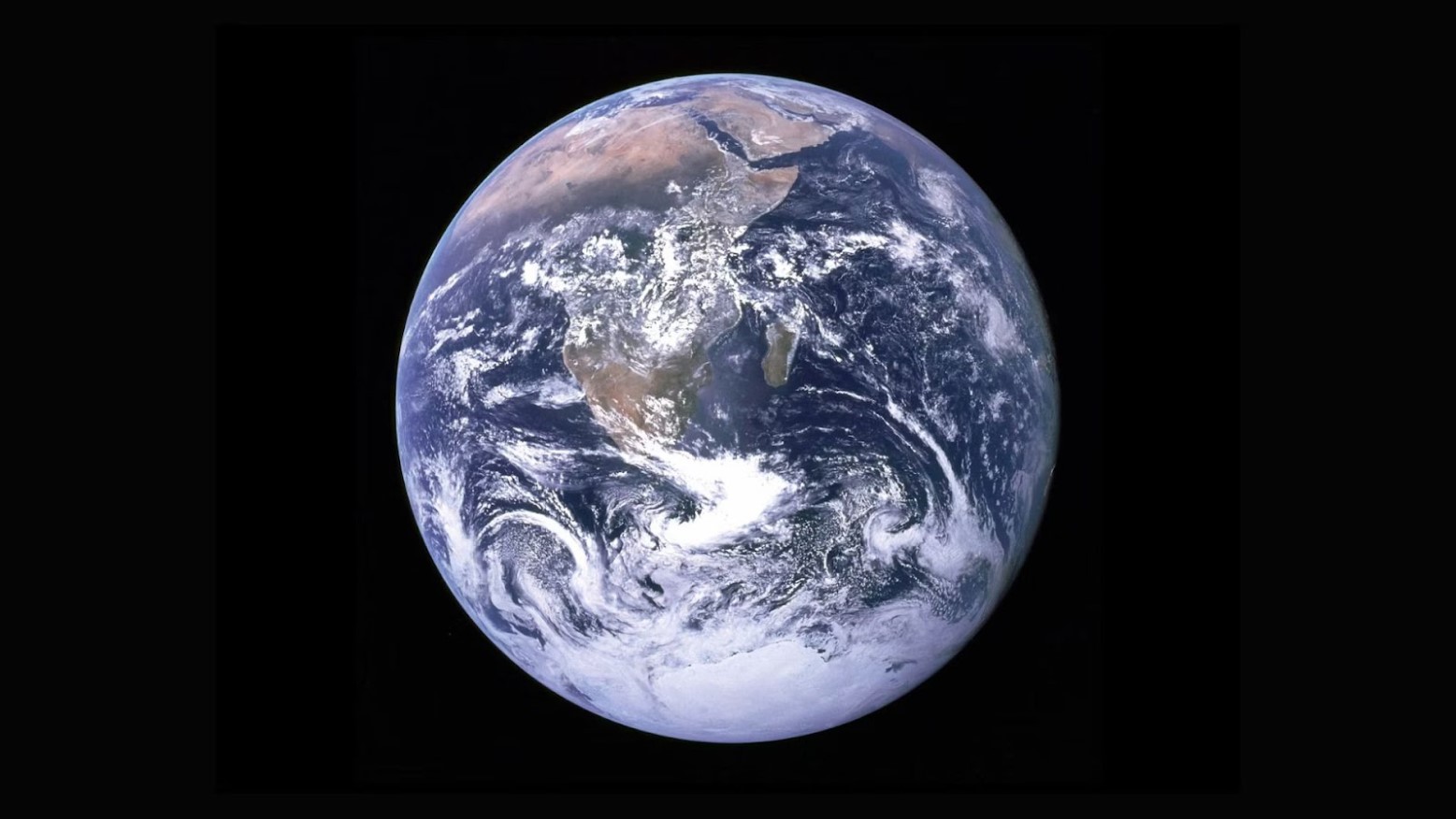
Source: NASA/Unsplash
Other possible causes behind it include gravitational drag from the sun and moon, changes to the rotation speed of the earth’s core, friction between the ocean and seafloor, shifts between the distribution of mass around the earth’s surface, and earthquakes, according to Science News.
Humans Have Affected the Earth’s Rotation
What scientists find the most amazing is that humans have affected the earth’s rotation.
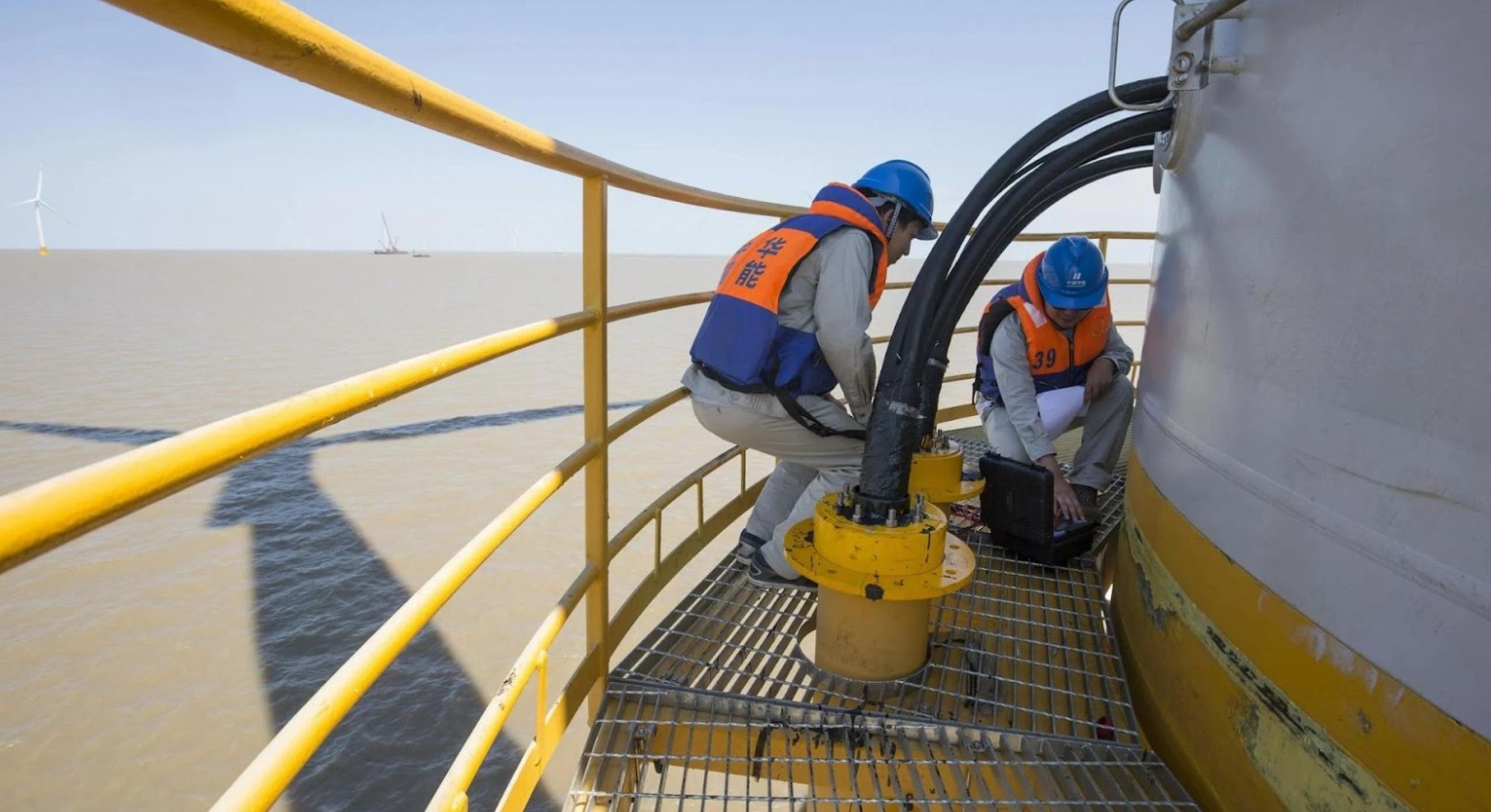
Source: Greece-China News/Pexels
The Independent reports that humans have affected it significantly between 1993 and 2010 by pumping large amounts of water out of the ground and moving it elsewhere, which has tilted the earth by 80cm.
The Reasons for Change in the Earth’s Core Speed Are Unpredictable
Even though there is knowledge on the earth’s rotation, not much is known regarding the change in the earth’s core speed.
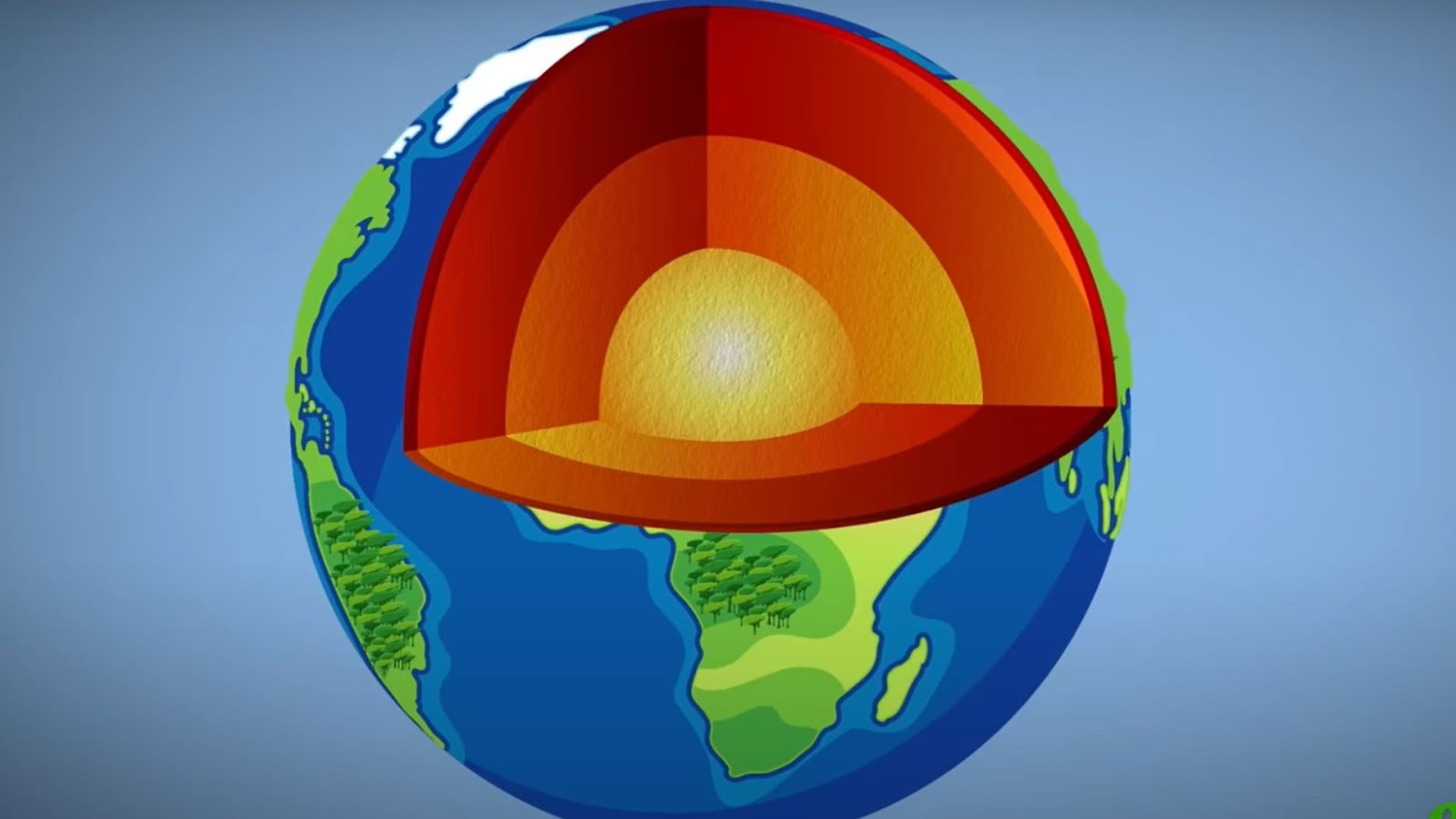
Source: SciShow/YouTube
It has even been reported that some scientists believe the earth’s core isn’t spinning at all.
Computers Will Need to Be Reprogramed
With the introduction of leap seconds, computers have always been programmed to be able to add an extra second when needed. If they’re not programmed for this lost second, it could cause many issues.

Source: Crew/Unsplash
For example, if you place an order and there is a second of difference between the store’s computer and the bank’s computer, it could cause two actions at different times. This and many other potentially unknown problems are set to arise, unless computers are reprogrammed accordingly.
